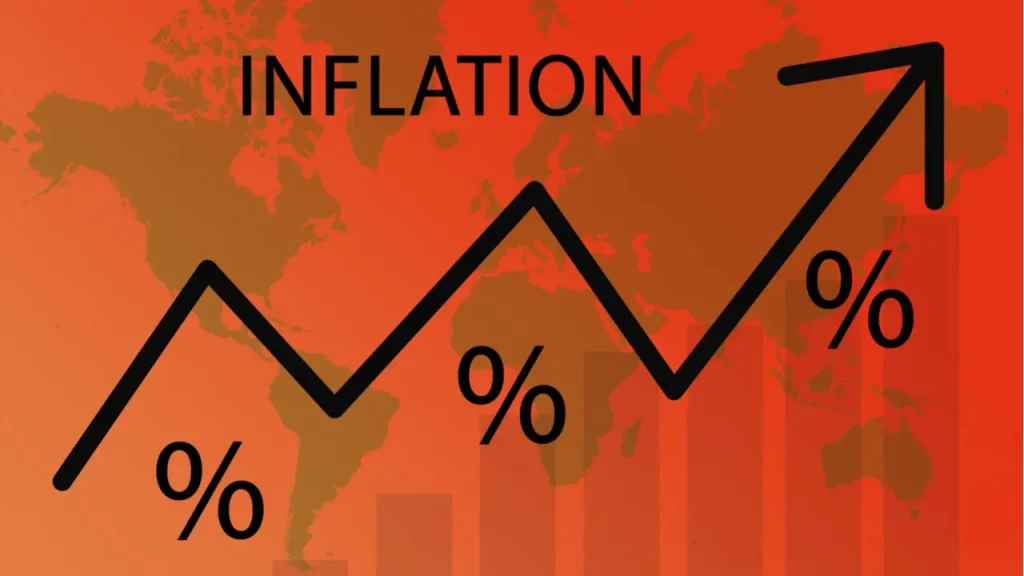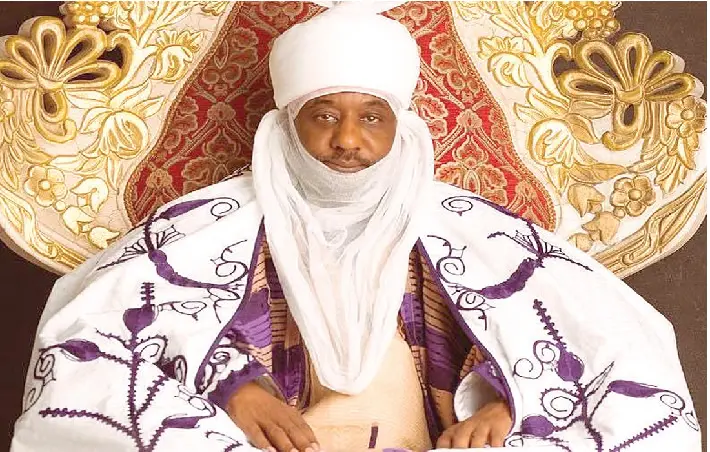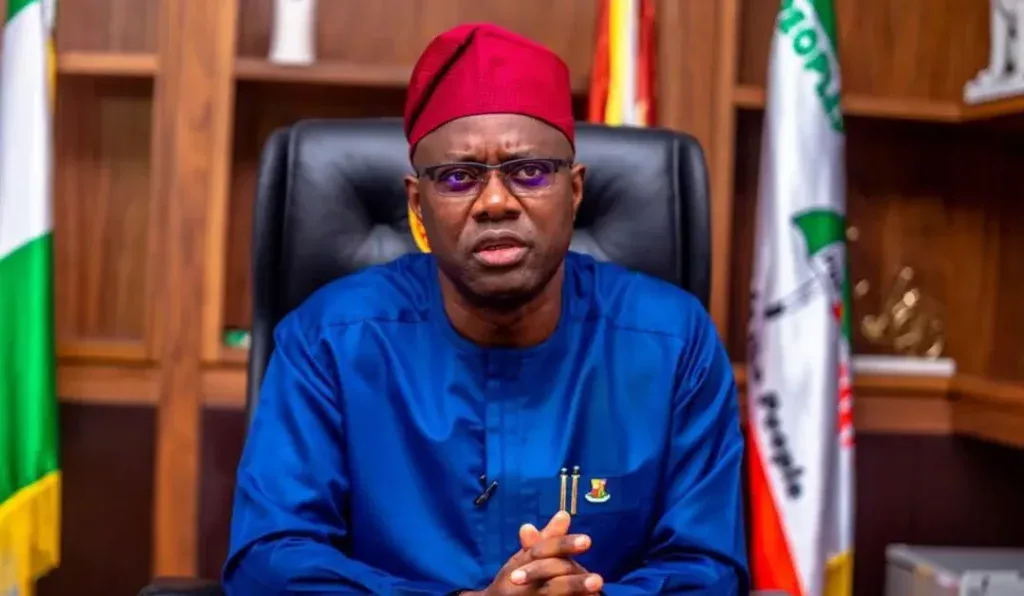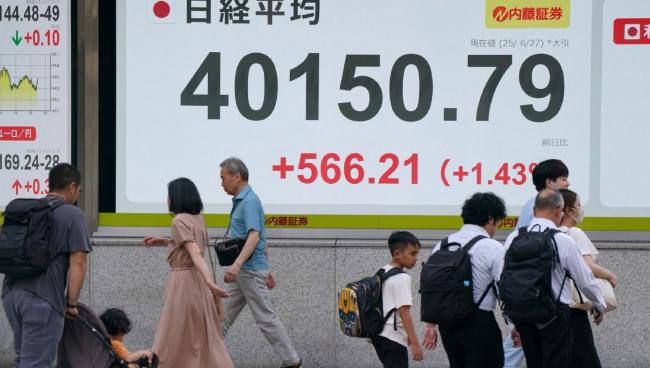CAIRO — Sudanese political factions met for reconciliation talks in Cairo on Saturday, marking the first formal discussions since the outbreak of the conflict in April 2023. However, the prospects for a swift resolution to the war appeared bleak as deep divisions remained between the main parties.
The conference, hosted by Egypt, saw the Democratic Bloc, aligned with the Sudanese army, and the Taqaddum faction, which supports pro-democracy efforts, come together. Despite this milestone, the factions admitted that ending the conflict was not imminent.
Political Divide
During the talks, the Democratic Bloc refused to hold joint sessions with the Taqaddum faction, accusing it of sympathizing with the Rapid Support Forces (RSF). Both the army and the RSF were notably absent from the discussions. General Abdel Fattah al-Burhan, head of the Sudanese army, declared that the army would not negotiate with the RSF or its supporters, maintaining a firm stance against dialogue with the rival force.
“The stark deterioration in the humanitarian situation and the catastrophic consequences of this crisis call on all of us to work to immediately and sustainably to stop military operations,” said Egypt’s newly-appointed foreign minister Badr Abdelatty.
Current Situation in Sudan
The conflict, which erupted in April 2023, has displaced nearly 10 million people and led to severe warnings of famine and escalating ethnically driven violence. This week, the RSF intensified its operations in the state of Sennar, causing further displacement and exacerbating the humanitarian crisis.
Talks in Jeddah between the army and RSF, sponsored by the United States and Saudi Arabia, collapsed at the end of last year, leaving a fractured peace process in its wake.
Stalled Peace Efforts
Taqaddum, a coalition of pro-democracy parties, armed groups, and civil society, is advocating for an end to the conflict. In contrast, the Democratic Bloc, which includes leaders of armed groups engaged in the fighting, remains skeptical about the potential for peace without significant concessions from the RSF and a halt to alleged material support from the United Arab Emirates.
Finance Minister and Democratic Bloc leader Jibril Ibrahim conveyed his cautious stance, saying, “Given the situation on the ground, if we sit and eat and drink and laugh—with the people who are allied and partners in the crimes that are happening—we would be sending the wrong message to our citizens and to our soldiers on the field.”
Future of the Peace Process
Former Prime Minister and Taqaddum leader Abdalla Hamdok expressed a more optimistic view, acknowledging the complexity of the crisis. “A crisis this complicated and deep is not expected to end in one meeting… The lesson is for us to be patient and to build on anything positive that comes out of it,” he said.
U.S. Special Envoy Tom Perriello voiced hope that the momentum from Saturday’s talks could carry into the next round of negotiations, scheduled for next week under the auspices of the African Union.
Next Steps
As the factions await further dialogue, the international community continues to push for a resolution to the conflict. The ongoing humanitarian disaster, marked by massive displacement and rising food insecurity, remains a pressing issue.



